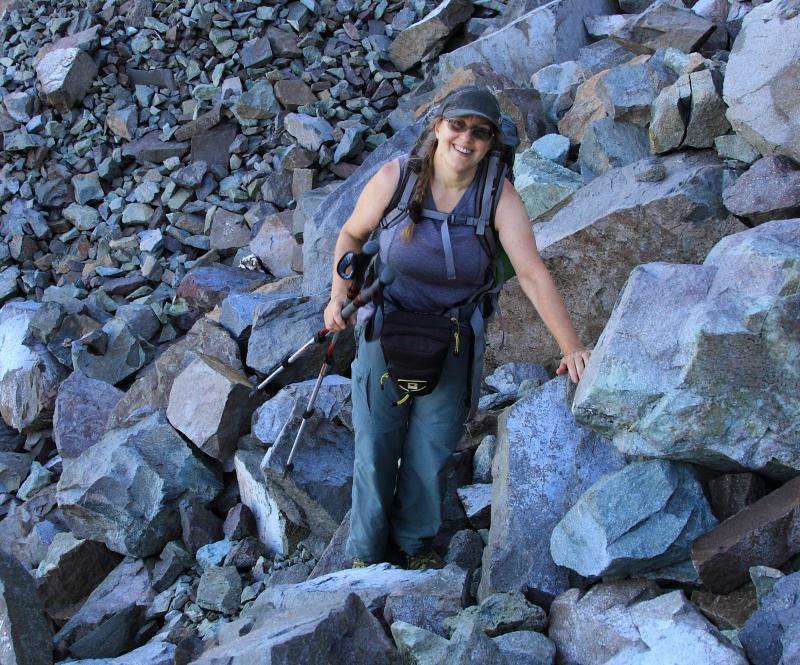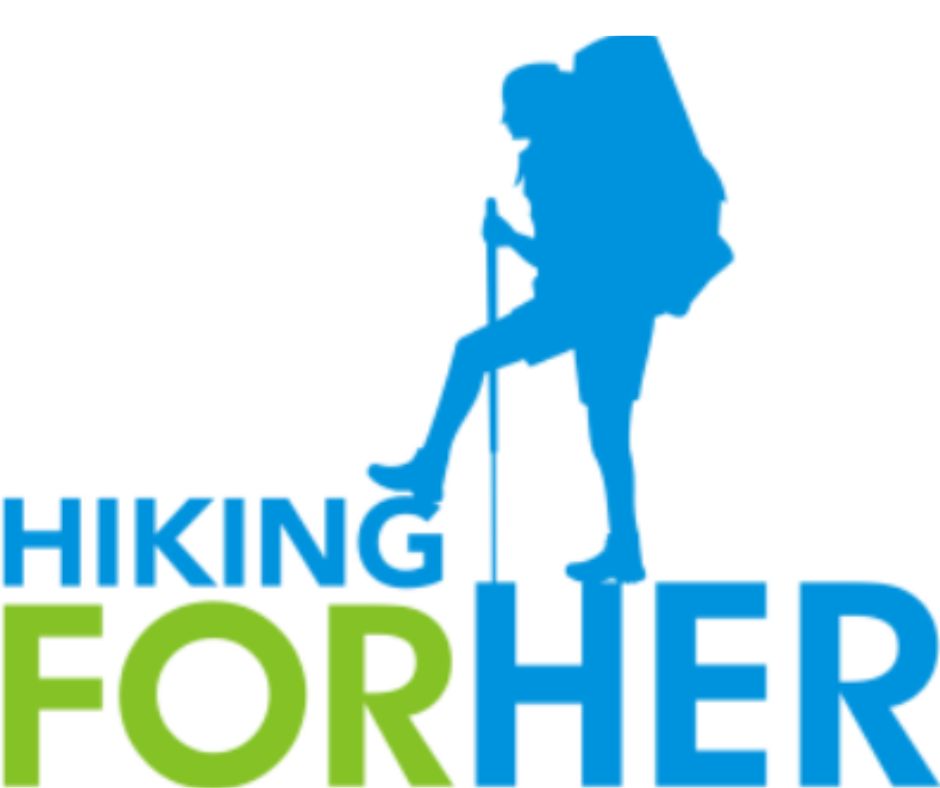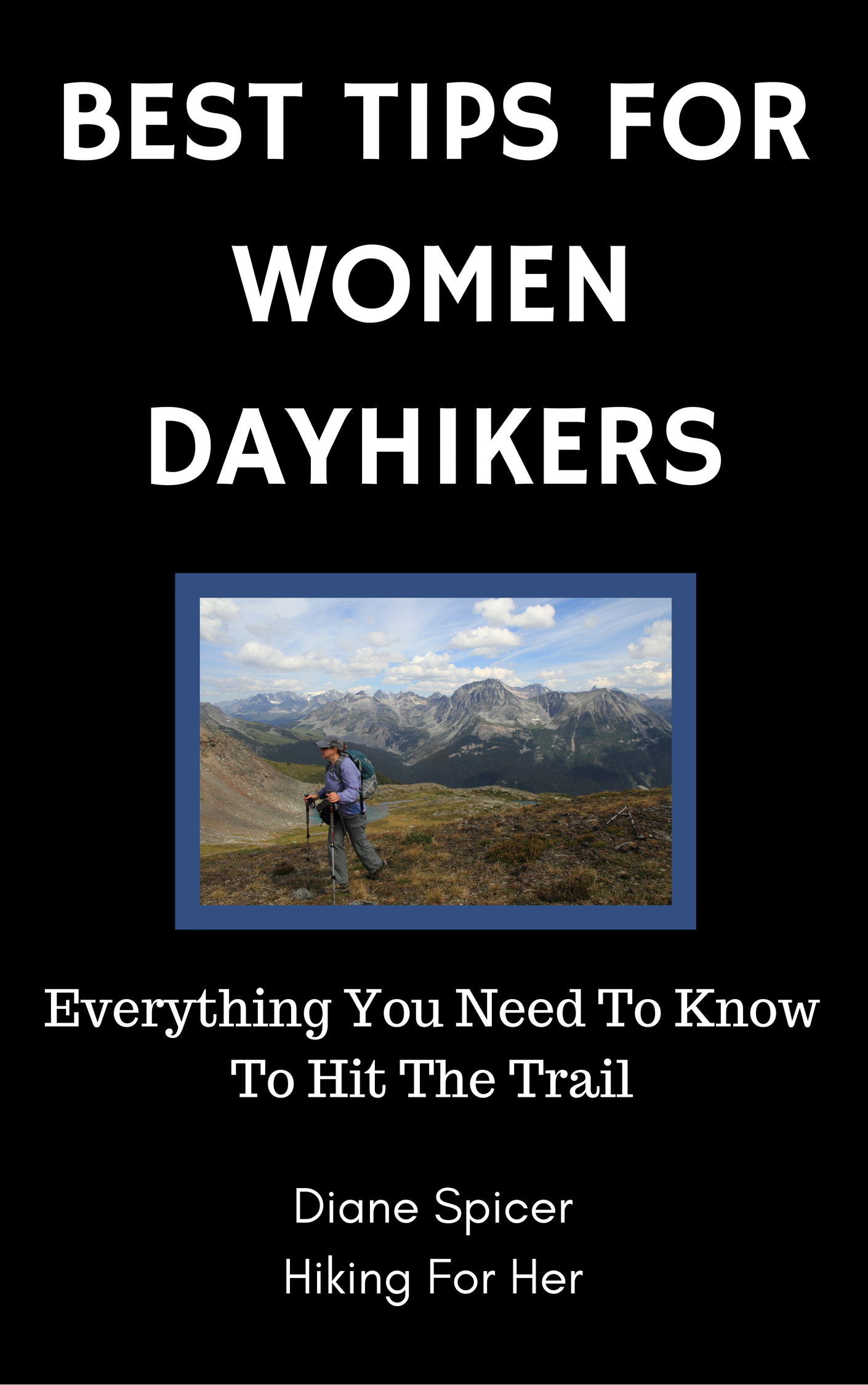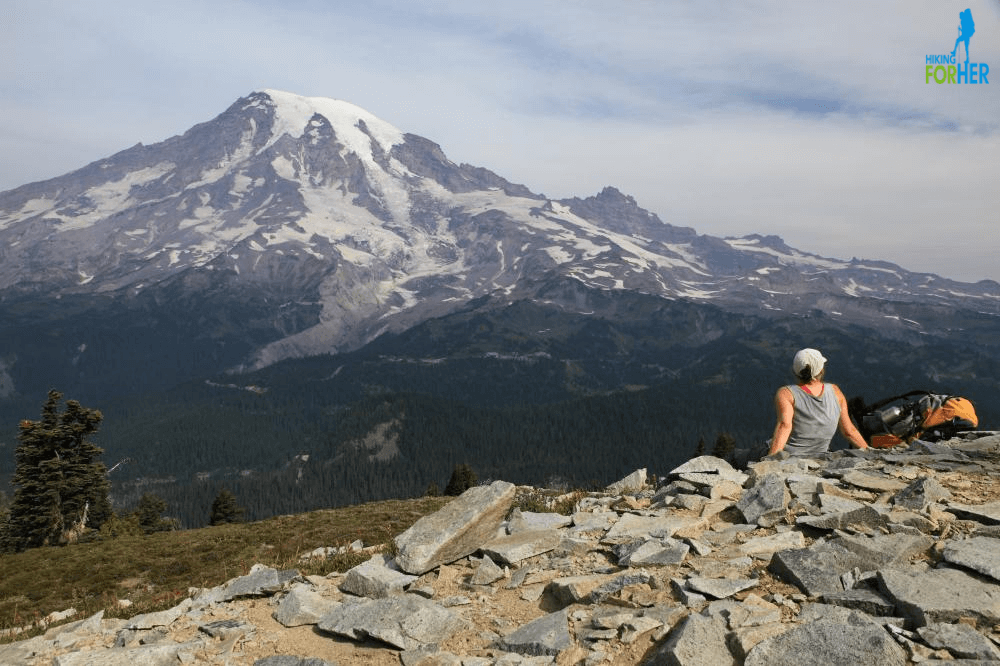See where your mind and your feet carry you - you'll be surprised!
by Kristin
(South Island, New Zealand)

I always solo hike! And I love it! Now I've only started doing overnight/multiple day trips, but I'm quickly improving - from the last 4 day hike I upgraded to an 8-day trip, from which I returned only yesterday. And 2hrs after I was back I pulled out my tramping guide wondering which one I should do next!
Personally I think in going solo there are many advantages for me - but I am quite introverted and enjoy spending time alone. If you don't, try short trips, if it's no good, go with a group!
(What you can expect: (but I guess it might be different for everyone) walking for the sake of walking, my body moves and my mind wanders off, making up stories, listen to music/an audiobook, without being disturbed or just concentrate on the path and/or the scenery.)
So what are the advantages?
- Having time to think....no one talking to you, no distracting tv/radio/etc.
- Challenging yourself to what you can do. (I was and still am amazed every time, how quickly my body adjusts to the weight of my backpack - so fast, that I don't really mind it anymore when I put it on, on the third day (descends/ascends or difficult paths are a different thing!). Seeing this, it's easier to believe that anything is possible - as long as you want it and try.
- You can go anytime, whenever you want to - no waiting for everyone to have time at the same time.
- As already mentioned: You set the pace, if you like a spot, you can stay a bit longer and if you are honest with yourself - only you know what you can do and when it gets too much, no group pressure and unnecessary risks through it.
I only started, but as advice I would suggest:
- Start slowly - staying only overnight once or twice.
Start with popular walks, you might not get as much time alone as you wanted, but in case it's not your cup of tea after all you'll easily find people who you can join/talk to. And also people who can give you advice or help you in tricky situations!
- Once you know your limits (with all that heavy gear) you can consider more remote areas.
- Learn navigation skills and just to be sure survival skills.
- Don't start a hike too late... I almost got lost on a day hike on a very badly marked track. I stayed up on top to watch the sunset only to find my torch had run out of batteries and how quickly it gets dark in the forest. So if you do start late - have a wind&waterproof jacket with you, a torch, spare batteries and in colder areas/bad weather and emergency 'shelter'/bivouac/first aid blanket(silver/gold sided). And a snack.
- Remember that if you have to get to a certain place in a valley - you might have 3hrs of daylight left, but the sun 'sets' behind hills/mountains earlier and going down into valleys it gets dark a lot earlier in the forest. (It's common sense, but it's easy to forget these things, so I'd like to remind you (and myself) of it.
- I also agree with: a knife and duct tape - they really can be your best friends - if something rips (maps, backpack, sleeping bag, tent, or if an animal rips open your food (or rubbish)bags (small ones like birds or mice/rat)), blister prevention or to keep bandages in place if you have sweaty/wet feet. And of course a knife for pretty much anything you might need a knife for.
Comments for See where your mind and your feet carry you - you'll be surprised!
|
||
|
||
|
Click here to add your own comments Join in and write your own page! It's easy to do. How? Simply click here to return to Solo Hiking. |
|
I get emails all the time about what I wear, eat, carry and love to use on the trail. That's
why I provide affiliate links to you: the best gear that I use myself and have seen used by other hikers is instantly
available for your consideration, and the gear company sends a few
pennies per dollar to this reader-supported hiking website. There is no added cost to you! Everyone ends up a winner: Great gear for you, strong gear companies, and more free hiking tips for everyone. Thanks very much for your support. It's warmly and sincerely appreciated. It also helps send these hiking tips to all your virtual trail buddies around the globe. |
 |


